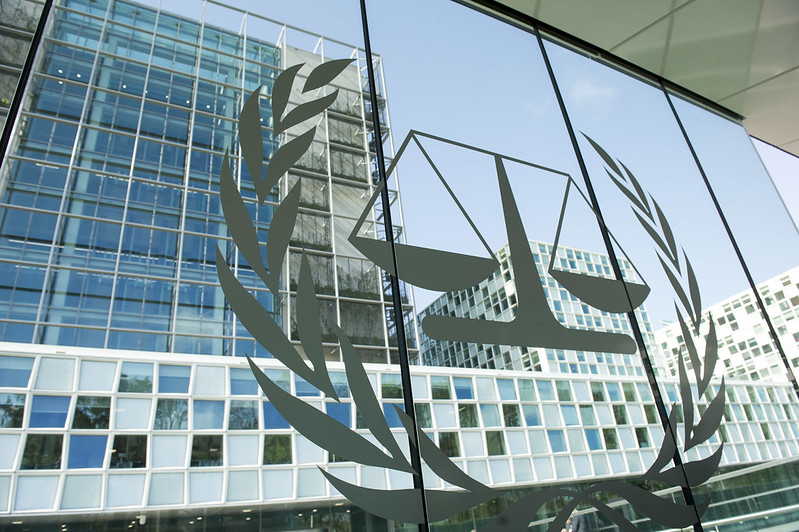On 18 September, our Programme on International Peace and Security (IPS) welcomed its Advisory Group of Practitioners on Fact-Finding and Accountability for the first of a series of convenings focusing on Anchoring Accountability for Mass Atrocities. These convenings are an integral part of the research methodology of our namesake research project, which is being led by IPS Executive Director Federica D’Alessandra, and IPS Visiting Fellows Ambassador Stephen Rapp and Sareta Ashraph, with the invaluable support of Kirsty Sutherland, one of our Blavatnik School’s brilliant MPPs.
The first step in our research was an intense period of data gathering over the summer, during which we conducted 57 interviews with domestic and international prosecutors and investigators, as well as various groups in the civil society conducting documentation of mass atrocity crimes. During this period, with the support of the UN Office of the High Commissioner for Human Rights, we also circulated an anonymized survey to UN Staff supporting UN investigative mandates which have been affected by an accountability-turn.
Our research reveals that many international justice actors increasingly think of a changing landscape where streams of information originate with civil society groups documenting atrocities, pass through and are processed by UN mandates, and arrive in some form to judicial authorities.
At a time of increased resistance to international criminal justice and human rights, the activities of the civil society and UN mandates have energised a continued commitment to pursuing accountability for international crimes. The case of Myanmar, where the activities of the International Criminal Court, the International Investigative Mechanism for Myanmar (before it, the Myanmar UN Fact-Finding Mission), the International Court of Justice, and many civil society groups currently intersect, might be the most illustrative example.
At the same time, this proliferation of activities around the same crime scenes also carries significant risks. In extreme cases, these can include the loss of probative value of evidence or the re-traumatisation of victims and witnesses. As more international justice actors operate around the same situations of mass violence greater coordination is essential. In fact, this project builds upon previous by our team, and specifically by Federica D’Alessandra and Ambassador Rapp, around collecting best practices and making recommendations for how civil society groups and UN mandates can maximize benefit and minimize harm to judicial accountability processes when documenting atrocities. At the same time, we are asking ourselves how can UN mandates, in particular, be best supported to continue this important work?
Alongside our partners at the International Bar Association and the Simon Skjodt Center for the Prevention of Genocide, we are convening a series of in-depth, technical workshops aimed to discuss our research and to provide policy-oriented and realistic recommendations. With the support of the University of Oxford, we are committed to approaching these questions with the utmost academic rigour, to be sure that guidance and recommendations are rooted in the best evidence available to us. We hope that our meticulous research can inform anyone who has an interest in ‘hardwiring’ the progress made to date and do so in a way that strengthens, rather than weakens, the current architecture of international justice.
Our first convening focused on the ‘upstream’ and ‘downstream’ challenges of UN mandates interfacing with civil society groups and domestic and international courts. The workshop programme, list of participants and background papers are available here.




